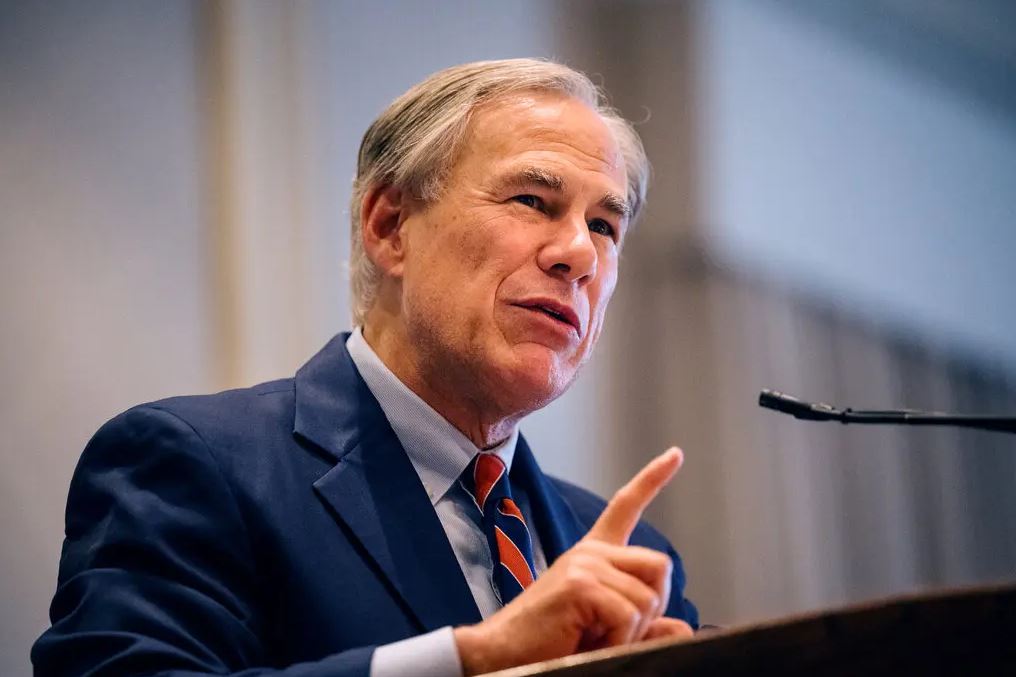Gov. Greg Abbott of Texas announced on Thursday that he will seek to overturn a 1982 court decision that mandated public schools to educate all children, including undocumented immigrants, in light of the Supreme Court’s recent indication that it is willing to reverse decades-old precedents such as the Roe v. Wade abortion decision.
As a result of Mr. Abbott’s remarks, a new front has opened in his drive to use his governorship to tighten Texas’ border against unlawful immigration. And they revealed just how far some conservatives are ready to go in terms of the types of changes to American society that the court’s strengthened conservative majority may be willing to countenance.
The most recent plan to close public schools to illegal children considerably expands the spectrum of precedents that are up for consideration, according to the National Education Association. Following the revelation of a draught judgement that would overturn Roe v. Wade earlier this week, the attention had shifted to other rights that might be legally tied to the 1973 decision, such as access to contraception and same-sex marriage, among other things.
According to legal experts, little has changed in the legal landscape surrounding the education of undocumented children since 1982, when the Supreme Court issued a 5-to-4 decision striking down a Texas law allowing schools to refuse admission to unauthorised migrant children, according to the court’s decision. Several efforts have been made over the years to overturn the ruling in the case known as Plyler v. Doe, including one by the state of Alabama more than a decade ago and another by the state of California in the 1990s, but all have failed.
On Wednesday, Mr. Abbott, a Republican vying for a third term, said that he would “resurrect” the Plyler case and “raise this issue again,” though he did not specify when this would take place or how long he would take to do so. When asked about his remarks at a press conference on Thursday, the governor, who was formerly the state’s attorney general, revealed specifics about his position.
He went on to say that he would want to see the Supreme Court overturn another case, Arizona v. United States, which found in 2012 that the federal government had exclusive control over immigration enforcement and not the states.
It was not immediately obvious how he intended to proceed with a legal challenge, or if the Texas attorney general, Ken Paxton, would be willing to cooperate. A request for comment from Mr. Paxton’s office did not get a response.
With an unprecedented influx of migrant children, many of whom arrive with little formal education, schools across the country are facing a number of challenges, with districts being forced to expand bilingual services, transfer teachers, and prepare to help students who may have been traumatised in their home countries.
When he was a legal assistant in the Reagan administration, Chief Justice John G. Roberts Jr. collaborated on a document criticising the government for failing to forcefully defend Texas in the Plyler case, Mr. Driver pointed out. Mr. Driver went on to say that it was unclear if Chief Justice Roberts still maintained the same position on the issue now, four decades after the decision.
In contrast, the dissent in the 1982 case was reminiscent of the kind of historical and textual argument that may be found in Justice Samuel A. Alito Jr.’s leaked draught judgement, which would overturn Roe v. Wade. While the justices who dissented did not agree with the policy, they maintained that a statute such as the one in Texas was not prohibited by the Constitution and that the court’s judgement was a “unwarranted judicial intervention.”

